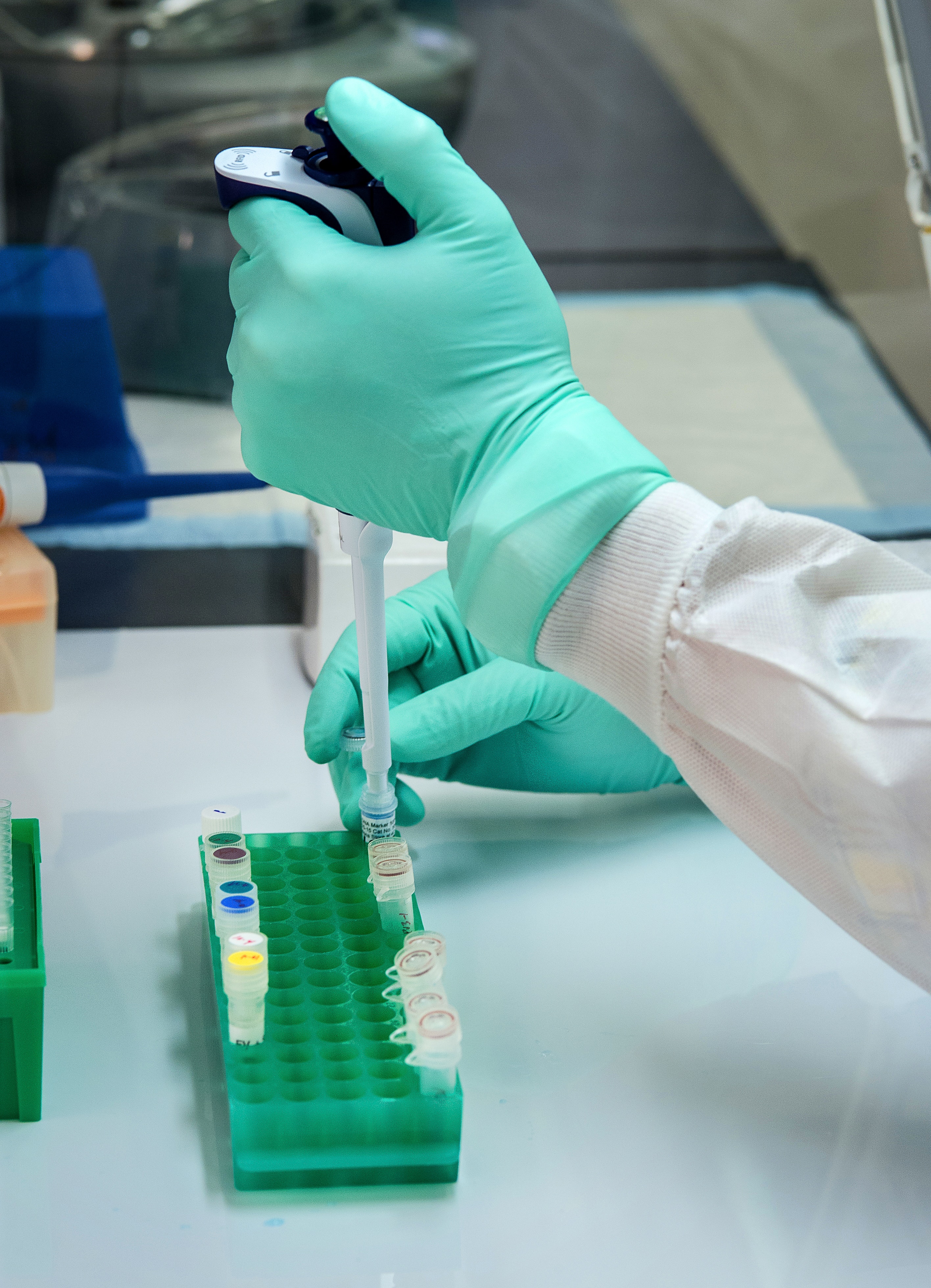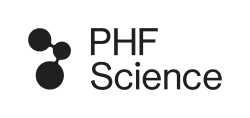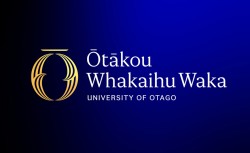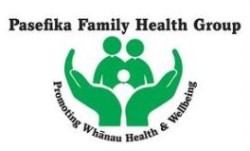The project involves molecular typing and genomic sequencing of bacteria that cause meningococcal disease (IMD, Neisseria meningitidis, meningococcus) and invasive pneumococcal disease (IPD, Streptococcus pneumoniae, pneumococcus) to identify transmission events and get a better understanding of the diversity of circulating meningococci and pneumococci.
Expected outcomes of the study are:
- understanding carriage burden in different populations in Aotearoa New Zealand
- identifying factors and behaviours that may influence carriage rate and transmission
- a better understanding of the diversity of circulating meningococcus and pneumococcus in Aotearoa New Zealand.
>> PROJECT STARTED - 15th April 2024







